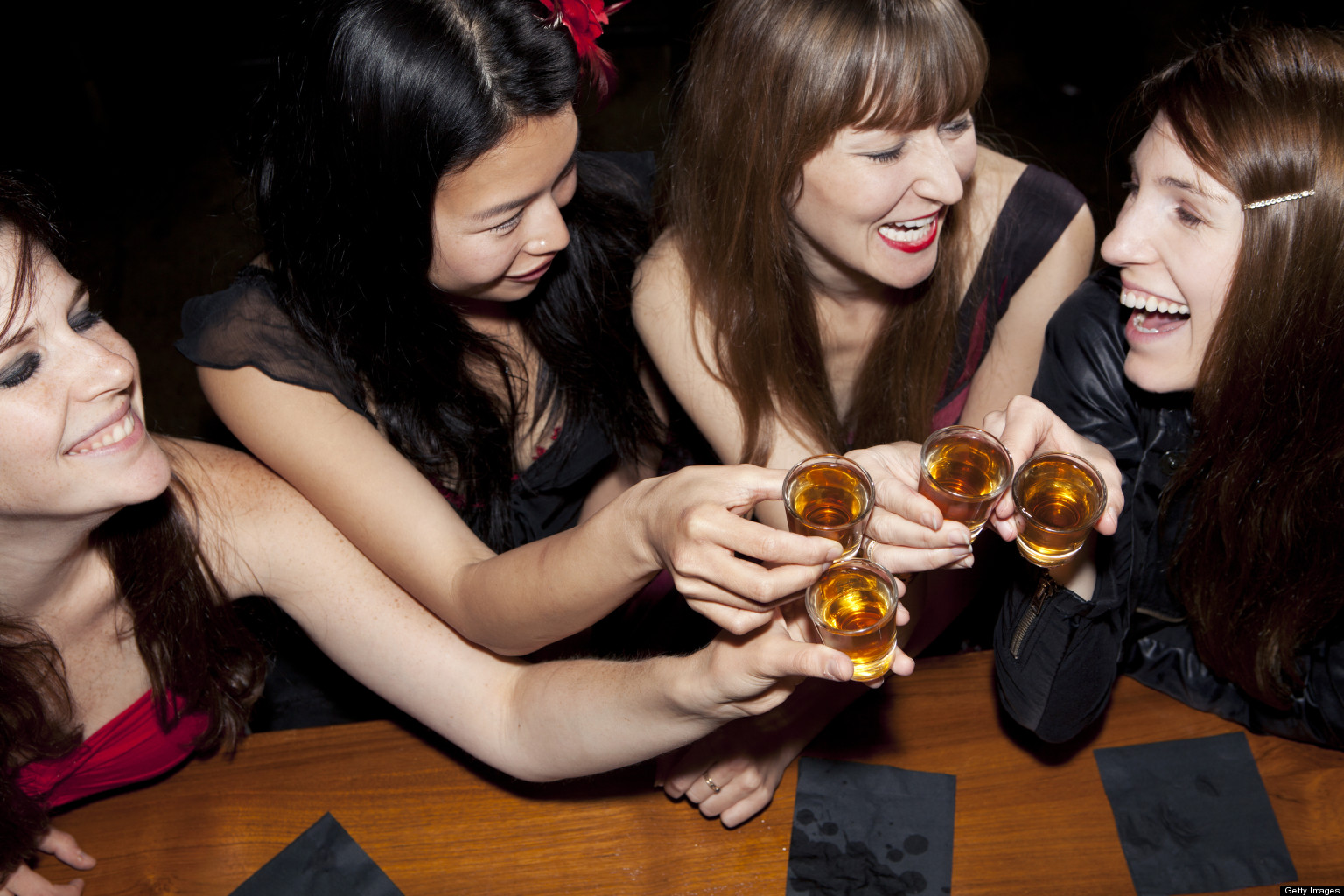
According to a new survey by Emory University researchers, the transition from drinking while studying abroad to drinking while in Atlanta has been “effortless, but a little disappointing.”
“What we have found is that, shockingly, the return to a lackluster Emory drinking scene has done little to derail even the most enthusiastic of drinkers,” says Paul McHemmings, head researcher for the study. “In fact, most students can segue from the clubs of Barcelona or London to local establishments like Maggie’s Bar and Grill within days of arrival on campus with only mild disappointment.”
“Sure it is kind of depressing returning to a bar in a strip center after countless nights of partying in Old World cities dating back hundreds of years, but I haven’t thought about it too much,” commented junior Hank Flemmings. “The way I see it, there must be at least a dozen girls I can impress with tales of barfing up Tazmanian rum on my parents’ dime.”
Students reported that following numerous bouts of day drinking, weekday clubbing, and hungover class attendance, they became uniquely suited for the grind of Atlanta drinking. Amateur drinkers gained practice in navigating the rocky, uneven terrain of the urban landscape, all the while in various states of undress and cradling an even more drunk friend to be hidden from hosts and/or roommates. Similarly, problem drinkers honed their imbibing skills abroad, and brought back to Atlanta valuable research in how to evade emergency medical services, and how to camouflage daytime alcohol in old gas station Big Gulps and translucent Nalgene bottles.
“After broadening my horizons teaching English to Greek bartenders, I feel even more at home on campus,” said senior Amy Fisher. “My host family even taught me how to cope with one hundred grand in student debt with the technique they have used for centuries; getting shitfaced until I forget.”
However, researchers were quick to point out that while students find it easy to return to the same stale watering holes of previous academic years, studying abroad did contribute to a number of adverse social side effects, including delusions of grandeur and general insufferability.
“What we find is that many students that study abroad will be quick to judge any drink offered to them, and they then proceed to lecture their peers on how real vodka is fortified with monks’ tears and is served from oaken caskets dating back to 1684. Then, they use a ridiculous hand gesture or phrase that a drunk local made up,” McHemmings stated. “Finally, they explain that everyone should go to the country in question if given the chance, and they won’t shut up, no matter how many eyes roll.”
Researchers emphasize that unlike the insatiable desire for alcohol that consumes study abroad students, these more obnoxious side effects are temporary. Although further research is needed, experts believe that about a month after every acquaintance has heard the numerous descriptions of the Colombian rum Jessica regurgitated and the quirky yet charming South American club it was served in, students become better at hiding their manufactured disdain for bottom shelf liquor. McHemmings went on to stress that results gathered could only be generalized to study abroad students. At press time, research was inconclusive on whether study abroad gave students an edge over peers who had to scrounge for beers around their hometown.


Be First to Comment